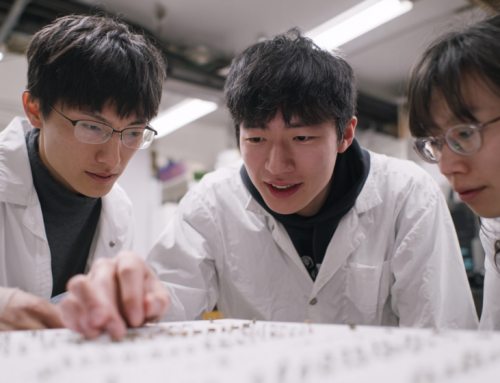
Last fall, Sam Altman asked Microsoft CEO Satya Nadella (depicted in image) for additional billions in investment for OpenAI. However, after Altman’s brief ousting by OpenAI’s board, Microsoft reconsidered further funding. (Source: Image by RR)
Computing Power Paired with Financial Stress Drive Wedge Between Microsoft, OpenAI Management
Sam Altman, CEO of OpenAI, asked Microsoft’s Satya Nadella to invest billions more in OpenAI, following Microsoft’s $13 billion investment. However, after Altman’s brief ousting in November, Microsoft reconsidered further investments, causing friction as OpenAI, expected to lose $5 billion this year, requested additional funding and computing power. The once strong partnership has become strained due to financial pressure, internal disagreements and concerns over OpenAI’s stability.
According to a story in nytimes.com, the dependence of A.I. start-ups on tech giants like Microsoft for computing power highlights the challenges these partnerships face. While Microsoft and OpenAI once enjoyed a fruitful collaboration, Microsoft has started to hedge its bets, hiring staff from competitors and exploring alternative A.I. solutions. OpenAI, meanwhile, sought to renegotiate its exclusive deal with Microsoft, securing a $10 billion deal with Oracle for additional computing resources.
Despite ongoing negotiations, tensions between Microsoft and OpenAI employees persist. Some OpenAI staff were frustrated by Microsoft’s actions, such as downloading software without following agreed protocols, and issues involving Mustafa Suleyman, who was hired by Microsoft to oversee its A.I. group. These tensions have further complicated the relationship between the companies as OpenAI continues to search for new partners and resources.
OpenAI recently raised $6.6 billion in funding from Thrive Capital, Nvidia, MGX, and others, with Microsoft also participating. However, OpenAI faces rising computing costs, expected to reach $37.5 billion annually by 2029. While recent tweaks to the Microsoft-OpenAI partnership have been welcomed, concerns remain about the adequacy of Microsoft’s computing power and OpenAI’s ambitions to achieve artificial general intelligence (AGI), which could trigger a contractual exit for the start-up.
read more at nytimes.com







Leave A Comment